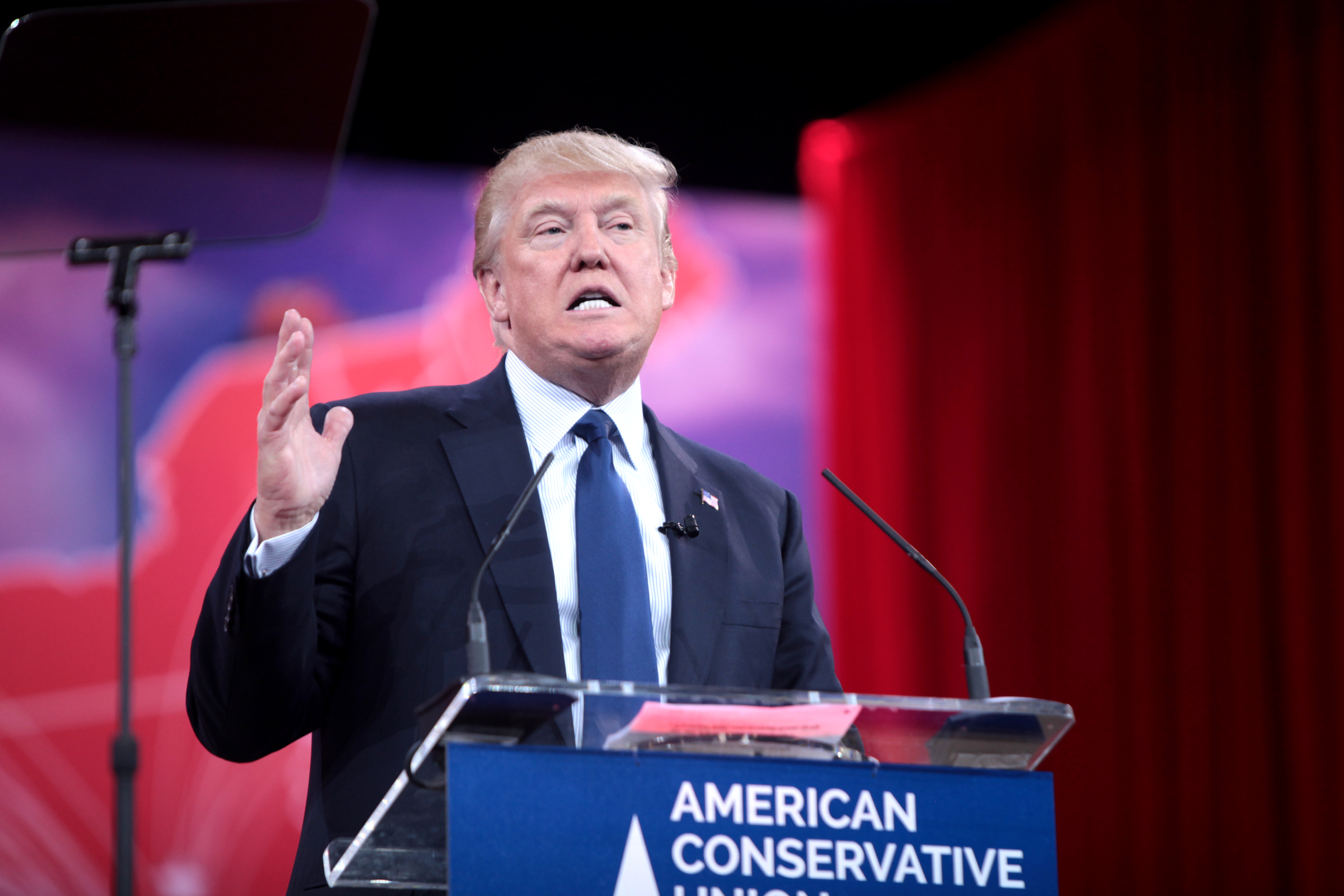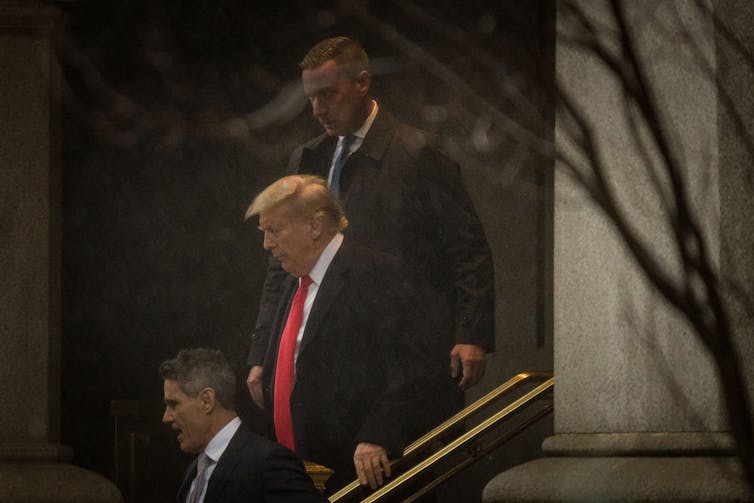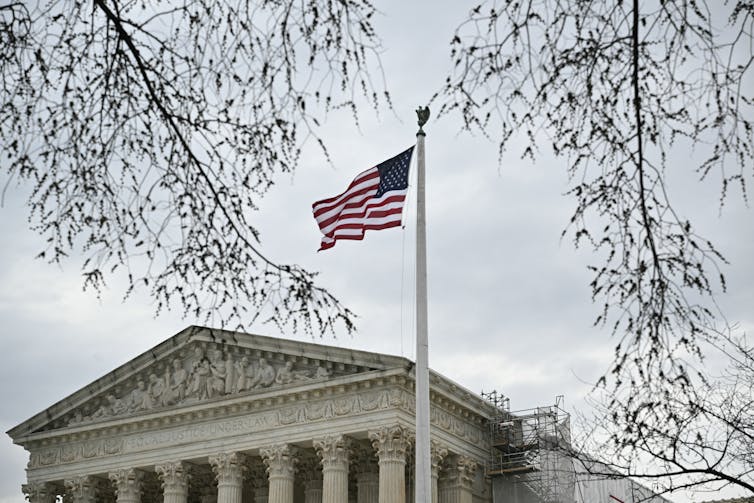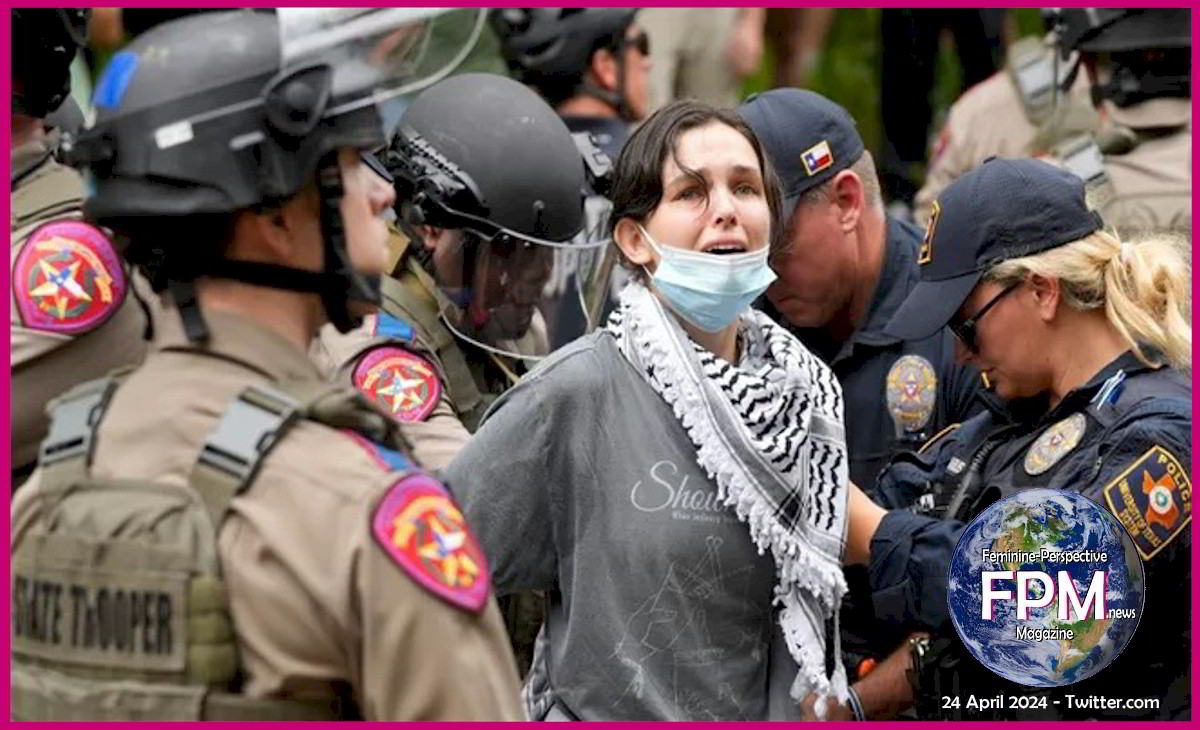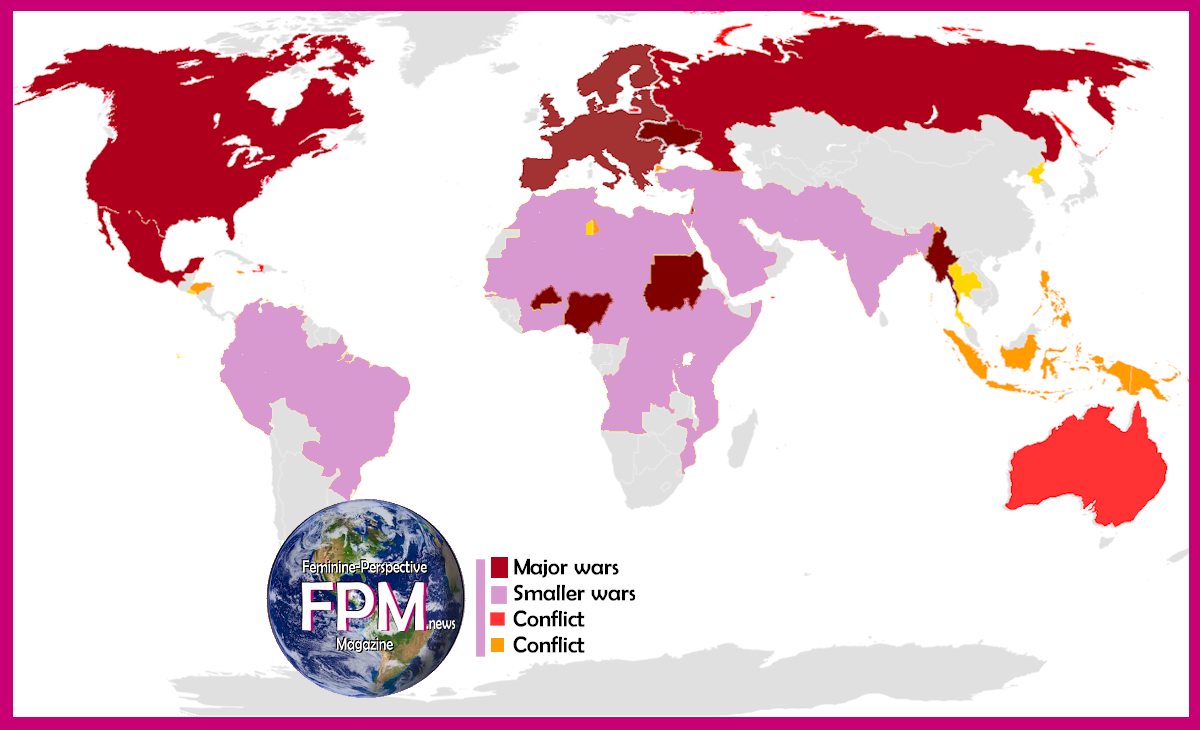Former President Donald Trump back in 2016. Photo credit: Gage Skidmore @gageskidmore. Licensed under the Creative Commons Attribution-Share Alike 3.0
Donald Trump’s appeal to the U.S. Supreme Court got the go-ahead nod.
The U.S. Supreme Court will take up the precedent-setting case to define the limits of presidential immunity.
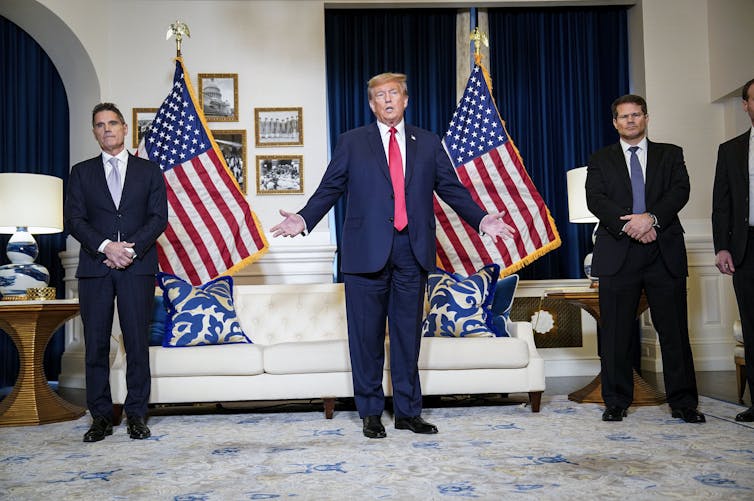
Former President Donald Trump speaks to the media following his appearance at the District Court in Washington, D.C., on Jan. 9, 2024. Jabin Botsford/The Washington Post via Getty Images
By Claire Wofford, College of Charleston
The U.S. Supreme Court announced on Feb. 28, 2024, that it will consider the momentous issue of whether Donald Trump is immune from criminal prosecution, delaying the federal prosecution of the former president for his alleged efforts to subvert the 2020 election.
A lower court, the U.S. Court of Appeals for the District of Columbia Circuit, ruled on Feb. 6 that Trump could be prosecuted, rejecting his claims of immunity. Trump appealed that ruling to the Supreme Court.
What question did the Supreme Court say it will address by taking this case?
In agreeing to hear this case, the Supreme Court justices said they will decide whether or not Trump is immune from criminal prosecution by Special Counsel Jack Smith for his alleged attempt to overturn the results of the 2020 presidential election. Until that question is answered, Smith’s prosecution – which was already on hold during the lower court deliberations – cannot move forward.
Former President Donald Trump leaves a press conference following his appearance at the D.C. Appeals Court on Jan. 9, 2024. The court considered the claim that he is immune from prosecution. Kent Nishimura/Getty Images
Is there something that’s not obvious about how the Supreme Court stated this question?
The precise phrasing of the question the Supreme Court said it will answer is interesting: “Whether and if so to what extent does a former President enjoy presidential immunity from criminal prosecution for conduct alleged to involve official acts during his tenure in office.” The court stated it will answer not only whether Trump might have immunity but also “to what extent” that immunity exists.
This raises the possibility that rather than simply answer if Trump does or does not have immunity, the court may be looking to extend immunity to some of Trump’s actions and not others. It could also indicate that at least some justices believe future presidents should enjoy some immunity from criminal prosecutions for actions they took while in office, but that this should not extend to what it is alleged Trump did in this Jan. 6 case.
Making this kind of distinction – which the D.C. Circuit ruling did not – could explain why at least four justices on the Supreme Court agreed to hear the case. Rather than simply affirm – or reverse – the lower court, the justices may be interested in making a more nuanced ruling than the lower courts have done.
The U.S. Supreme Court is seen on Feb. 28, 2024, the day it announced that it would hear the case regarding former President Donald Trump’s immunity from prosecution.
Mandel Ngan/AFP via Getty Images
How will this affect the timing of the Jan. 6 events prosecution?
For now, the federal prosecution in the Jan. 6 case will remain on hold.
The Supreme Court has set oral arguments in the case for April 22, 2024, and would presumably issue a decision by June. That decision could be delayed, however, if the justices are not able to reach an agreement or one or more of them wish to write separate opinions.
Is this going to be a historic decision?
Absolutely. Even if the Supreme Court were to simply state that Trump does or does not have immunity from criminal prosecution, that alone would be a major new statement of constitutional doctrine.
If the justices go further and specify circumstances in which immunity would or would not apply to a former president, that would also be a very significant legal development.
In any event, given that the ruling will determine whether Smith’s federal case against Trump moves forward, the decision will likely make both legal and political history.![]()
Claire Wofford, Associate Professor of Political Science, College of Charleston
This article is republished from The Conversation under a Creative Commons license. Read the original article.

